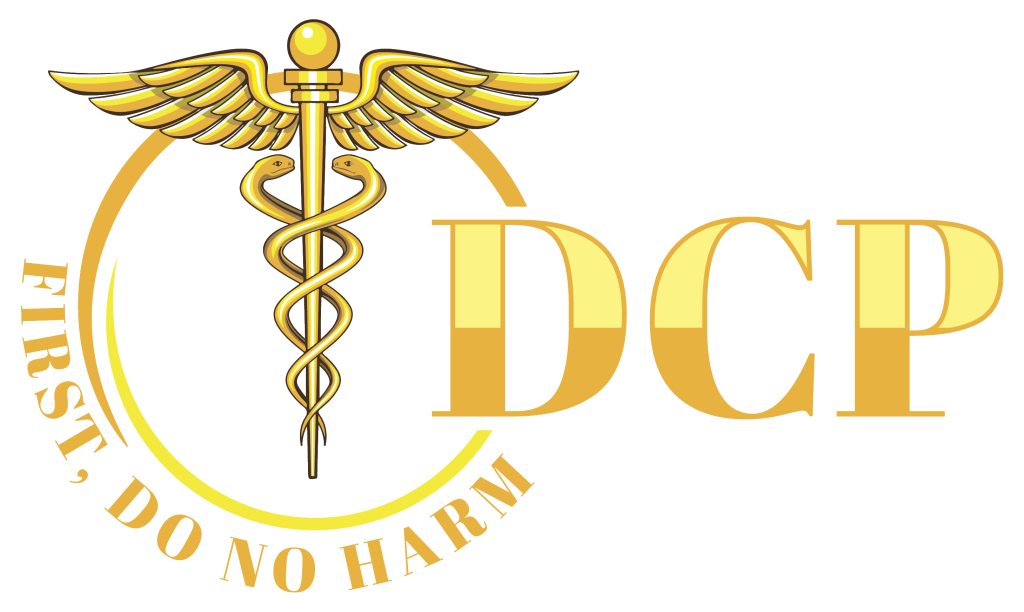Facing end-of-life care decisions can be one of the most difficult times for patients and families. Advocacy consulting plays a vital role in helping families navigate these emotionally charged moments, ensuring that patients’ voices are heard and respected.
Starting the Conversation Early
Having open discussions about end-of-life care early on allows patients to express their preferences and have them documented in a living will or advance directive. This document outlines the medical treatments and interventions they do or do not want. Advocacy consultants offer support in starting these conversations, helping patients and families make these decisions with clarity and confidence.
Health Care Proxy: The Voice for the Patient
Selecting a healthcare proxy is another crucial element in end-of-life care planning. This person makes decisions on behalf of the patient if they cannot communicate. Advocacy consultants assist families in choosing the right proxy, ensuring they are fully aware of the patient’s preferences. This avoids the emotional turmoil families may experience when trying to guess what their loved one would want during difficult times.
Easing the Emotional Burden
When patients’ wishes are clearly documented, families find immense relief in knowing that their loved one’s desires are being honored. Advocacy consultants ensure that all medical and personal choices are communicated effectively, reducing family conflict and emotional stress. This leads to a smoother, more peaceful end-of-life process for everyone involved.
Advocacy consulting is not just about decision-making; it’s about empowering families and patients to take control of their healthcare choices. Through professional guidance, families can find peace in knowing that their loved one’s wishes are fulfilled with dignity and respect.





